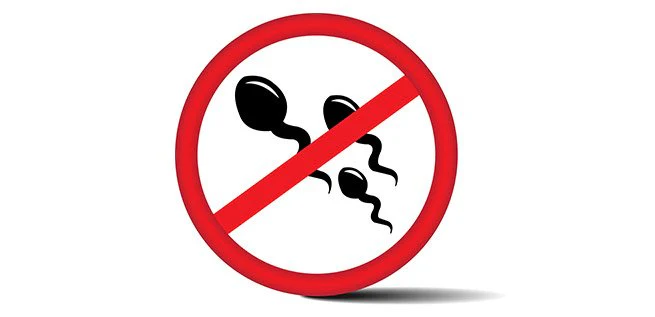Q. I have no problem with erection, but no semen comes out from either masturbation or even intercourse. A doctor has checked for prostate problems and it is negative. I used to be able to produce semen. I am diabetic.
A. You probably have a common condition called retrograde ejaculation, which is frequently seen in people with diabetes. The semen enters the penis via the ejaculatory ducts, which pass through the prostate. At the time of ejaculation, a muscle at the opening to the bladder squeezes shut. With each muscle contraction, the semen is propelled down the urethra and out the opening of the penis. However, if there is nerve damage due to diabetes, the muscle at the opening to the bladder will not close off properly, and the semen enters the bladder instead of shooting out the end of the penis.
Diabetes-related nerve damage can also affect other aspects of sexual function, such as erection quality and orgasm control. Many men facing this issue also report similar challenges discussed in Correcting Diabetes-Related Erection Problems, where lifestyle management and glycemic control play key roles in improving sexual health outcomes.
Your urologist can diagnose this condition easily by checking your urine for semen after ejaculation. If this is the problem, you may try medication to strengthen the function of the muscle that closes the bladder. Drugs such as pseudoephedrine or imipramine are sometimes used under medical supervision to tighten the bladder neck. You can read more about related conditions in Urinary and Ejaculation Problems after TURP, which describes how bladder-neck issues can interfere with semen flow.
In some cases, if natural ejaculation cannot be restored, sperm may be collected from the bladder and used for assisted reproductive methods like intrauterine insemination (IUI) or in vitro fertilization (IVF). This provides couples with a realistic option for conception when ejaculation is impaired due to diabetes or nerve injury.
Men struggling with similar issues may also find insight in Cannot Ejaculate, which explores various physical and psychological causes of ejaculation disorders. Maintaining healthy blood sugar levels, exercising regularly, and discussing treatment options openly with a urologist can significantly improve both physical and emotional well-being.

